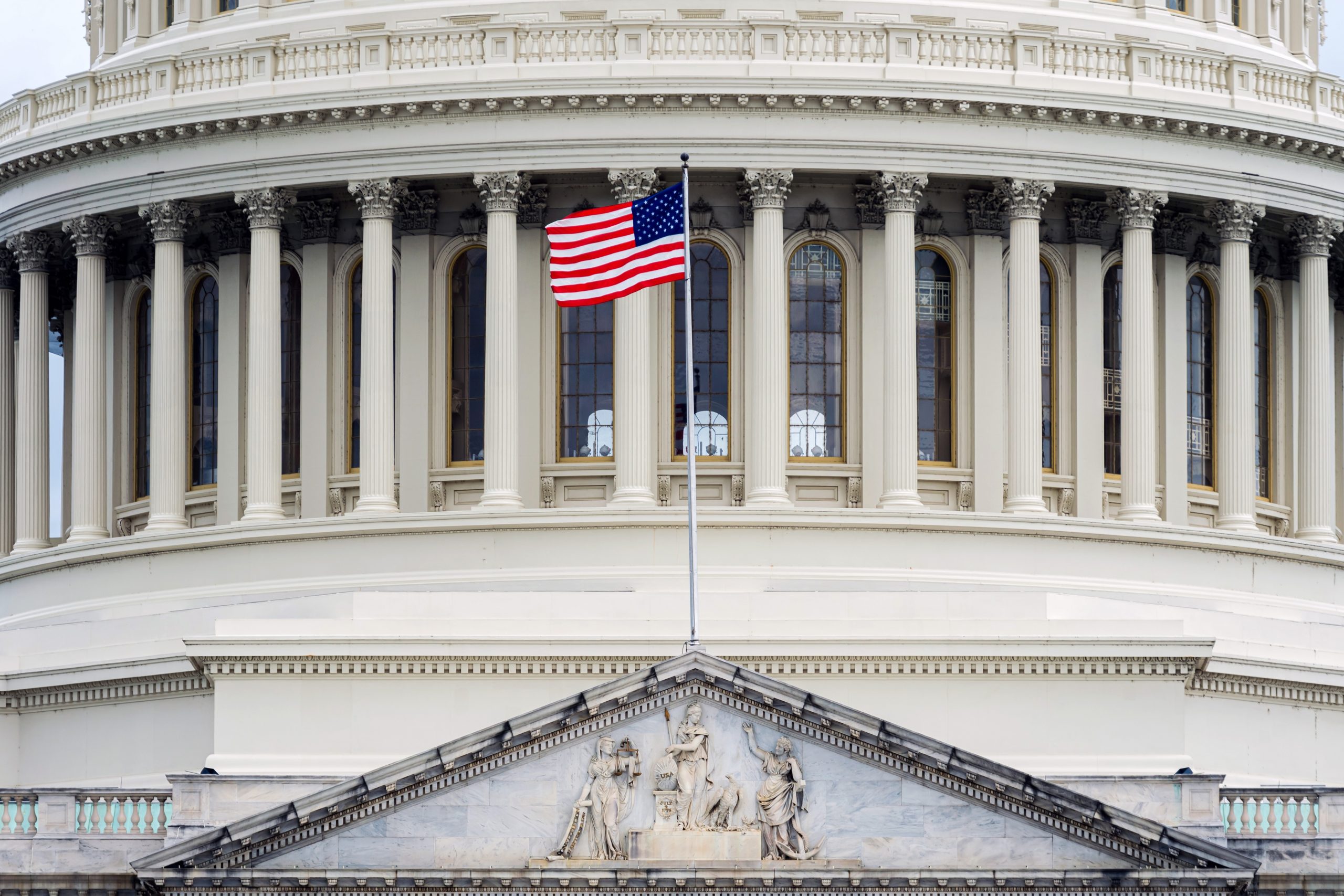
In the closest measure towards legalization we’ve ever seen, The U.S. House of Representatives will vote this September on whether or not to federally reschedule and decriminalize cannabis.
According to Marijuana Moment, Majority Leader Steny Hoyer, D-MD, said in a “Dear Colleague” letter that the upcoming month’s legislative objective would include a vote on the Marijuana Opportunity, Reinvestment, and Expungement (MORE) act.
Rescheduling?
Currently, under the Controlled Substances Act of 1970, cannabis is classified as a Schedule I drug alongside substances like LSD and ecstasy. This is the most restrictive category available under the law.
According to the Drug Enforcement Agency (DEA), the abuse rate is the main determinate factor in the drug scheduling. “Schedule I drugs, substances, or chemicals are defined as drugs with no currently accepted medical use and a high potential for abuse,” reads the DEA’s website.
Cannabis advocates, however, have been pushing for legalization of cannabis as the flower continues to prove its benefits.
The MORE Act
Sponsored by Vice Presidential nominee Kamala Harris, the MORE Act would, “help restore justice to millions by decriminalizing marijuana and expunging records of nonviolent federal cannabis convictions.”
“We need to start regulating marijuana and expunge marijuana convictions from the records of millions of Americans so they can get on with their lives,” Harris said in a recent statement.
“As marijuana becomes legal across the country, we must make sure everyone — especially communities of color that have been disproportionately impacted by the War on Drugs — has a real opportunity to participate in this growing industry,” she continued.
The MORE Act also accomplish the following:
- Federally deschedule cannabis
- Expunge the records of those with prior cannabis convictions
- Impose a federal 5% tax on sales with revenue being reinvested into communities most impacted by the War on Drugs
If rescheduled, both public and government perceptions of cannabis will almost certainly change. Reclassifying the plant has the potential to help overturn the current stigmas surrounding cannabis, and eventually help millions of consumers in various ways.
Public Support
According to a 2018 Gallup poll, two-in-three Americans now support cannabis legalization. That’s 66% of the U.S. population. This study also saw a rise in support for legalization from both republicans and members of older generations (aged 55 and older).
Eleven states and Washington, D.C. have already legalized adult-use cannabis, while more than 36 states have some form of medicinal or recreational legality.
However, due to Republican opposition in the Senate, it’s uncertain whether or not this bill will pass.
While Republican Senators like Cory Gardner, R-CO, and Rand Paul, R-KY, regularly sponsor cannabis legislation, Majority Leader Mitch McConnell, R-KY, continues to stand strongly opposed.
It’s also important to remember that rescheduling is not legalizing, and under current federal laws, doctors in legal states can still only recommend cannabis to patients. According to the Journal of Ethics, prescribing it would constitute, “aiding and abetting the acquisition of marijuana, which could result in revocation of DEA licensure and even prison time.“
Rescheduling would, however, would allow for doctors to prescribe cannabis. It also has the potential to open the door to the federal government recognizing the medicinal benefits of the plant and provide a push towards full-out legalization as well.
Written by Rita Thompson



Leave a Reply